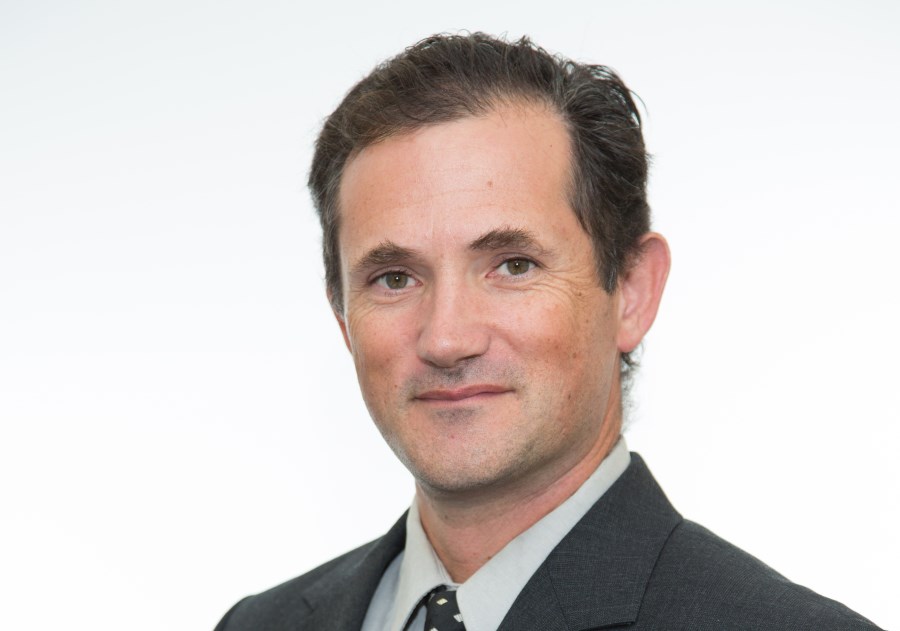‘Health by stealth’ partnership to identify active transport habits
- Written by Trevor Watson

A group of Australia’s leading universities has won a major grant to examine the most effective ways of encouraging people, particularly those in smaller cities and regional centres, to leave their cars at home and incorporate physical activity into their daily travel.
The study, to be known as ‘Health by Stealth’, will be conducted in Tasmania, where motor vehicle dependency is high.
It will be led by the University of Tasmania’s Menzies Institute for Medical Research with the support of Melbourne’s Deakin University and the University of Sydney Business School’s internationally respected Institute of Transport and Logistics Studies (ITLS).
The lead researcher, Menzies’ Dr Verity Cleland, says the study will seek to identify ways to “help make the healthy choice the easy choice” for travellers.
“Healthy transport options including walking, cycling and public transport, lead to health gains and increased social contact and connectedness while reducing traffic congestion, accidents and air pollution,” Dr Cleland said.
The research will be funded from a grant of $272,361 from the National Health and Medical Research Council. Key partners, including Metro Tasmania, the Tasmanian Department of Health and Human Services and the Local Government Association of Tasmania will also make significant contributions to the study.
“With the help of our partners, we will be able analyse information from a range of existing sources to better understand how Tasmanians are getting from A to B, and the factors that influence whether or not they use healthy transport options,” Dr Cleland said.
The ITLS’ Professor Stephen Greaves says the benefits of the study will be felt across Australia.
“Our research in the past has tended to focus on the big cities in Australia, but there is now an increasing realisation that we have neglected smaller cities and regional areas where the issues and potential solutions are different,” Professor Greaves said.
The researchers plan to collect health, physical activity and travel information from a sample of people before and then again after they have been offered various incentives (largely financial) to change their modes of travel.
They expect the study, the first of its kind, to provide crucial policy and planning of particular relevance for those in small cities and regional areas.
The long term benefit of the study will be a greater understanding of the barriers and triggers to encouraging healthier travel choices as well as better measurement of the travel/health outcomes of such options,” Professor Greaves concluded.





